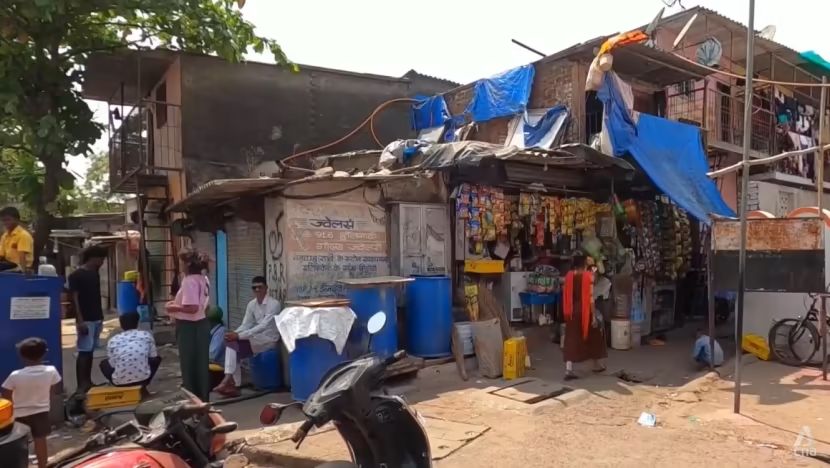Mom-and-pop shops in India struggle amid competition from online platforms, retail chains
20 March, 2023

Mom-and-pop shops, known locally as kirana stores, can be found all over India – on busy city streets, the tiniest of lanes in slums, and even in hard-to-reach rural areas.
Industry estimates peg the number of kirana stores nationwide at more than 12 million. These stores account for 90 percent of grocery sales in the country, worth US$600 billion a year, according to venture capital firm Flourish Ventures.
Yet, some kirana store owners are struggling to compete with online stores and expanding supermarket chains.
Among them is Mr. Anil Jain, who has run his store for 35 years, meeting the grocery needs of thousands of customers in his neighborhood.
The business has never been so tough, he said.
"There is a lot of impact on our business from online retail, where they give free home delivery, and it doesn't matter to them whether the customer buys one item or more," he said.
LARGER CHAINS THRIVING
The online grocery shopping market is expected to continue growing, with one estimate pegging its value at US$24 billion by 2025.
Key players include Amazon Pantry, Big Basket – owned by Indian conglomerate Tata – and Reliance Industries' JioMart. Reliance – one of the country's biggest conglomerates owned by India's richest person Mukesh Ambani – is also giving kirana stores competition through its grocery chain Fresh, which has more than 700 stores. Reliance also has a franchise deal with the multinational United States brand 7-Eleven that looks to expand these convenience stores to 100 cities across India.
Shoppers who spoke to CNA said that they are attracted to discounts and offers offered by online platforms and retail chains.
FINDING WAYS TO SURVIVE
But some mom-and-pop store owners are not giving up without a fight.
Mr. Niral Dharod is trying to keep up with the competition by modernizing the appearance of his shop and making sure his customers can get instant access to a wide range of products.
"Today I have around 4,500 different products in my shop and that's the reason I am still in business today, or else I would not have survived today," said Mr Dharod.
Like many kirana store owners, he offers credit to his regular customers. They can also now send the shop their orders via WhatsApp and get their items delivered.
Kirana stores are increasingly embracing technology, a move analyst said could be crucial to their survival. Another area of hope for them could be a partnership with bigger players.
JioMart, for instance, allows customers to place orders via its platform and pick them up from their local kirana store, while Amazon has an initiative called “local shops”, which allows kirana vendors to sell through its site.
"The kirana stores have recognized that modern retail plays an important role in certain aspects," said Mr. Ankur Bisen, senior partner and head of Consumer, Food & Retail at Technopak Advisors.
"Modern retailers have also recognized the virtues of kirana stores, especially during the COVID times, and now you are seeing more acceptance of both to coexist in the company of each other."
Mr. Bisen noted that there will always be pressure on any Indian government to protect small businesses, so these kirana stores will remain an intrinsic part of India’s retail landscape.
Useful Links:
Source: www.channelnewsasia.com
